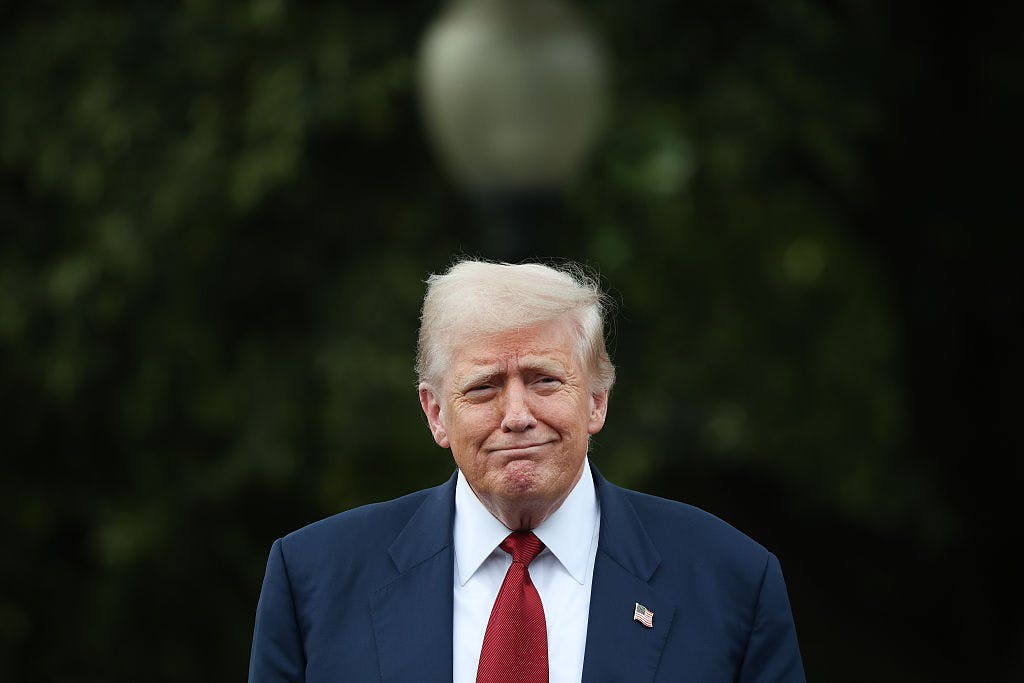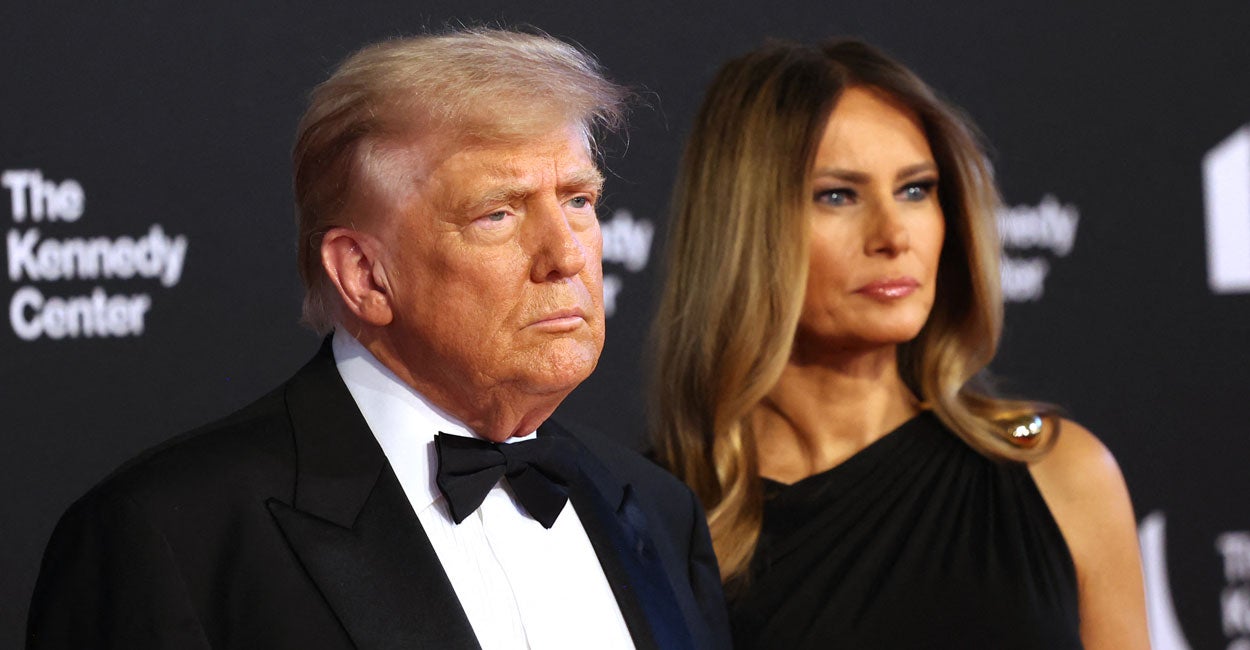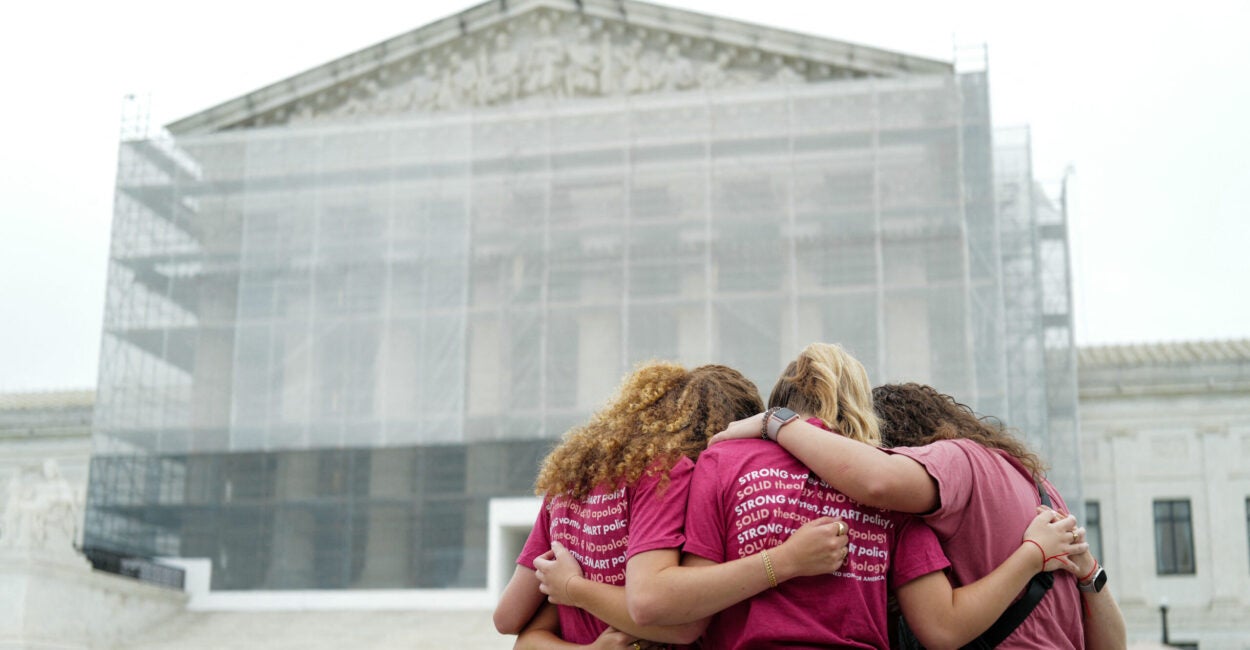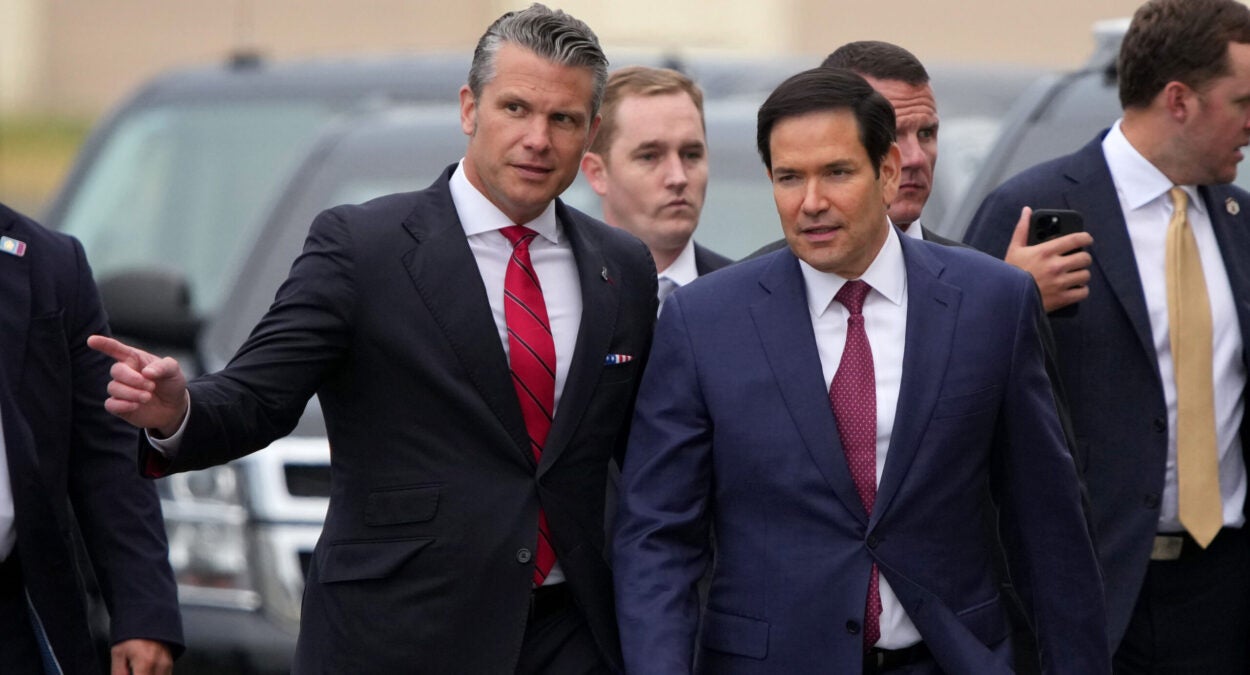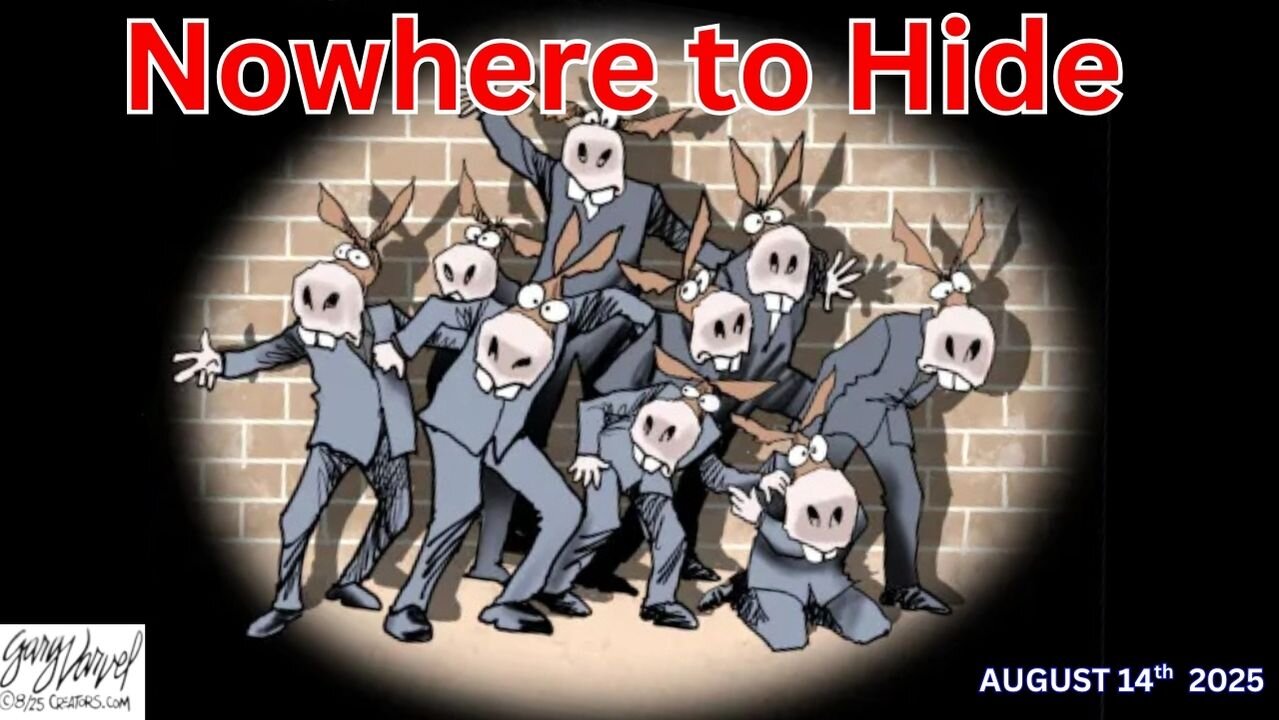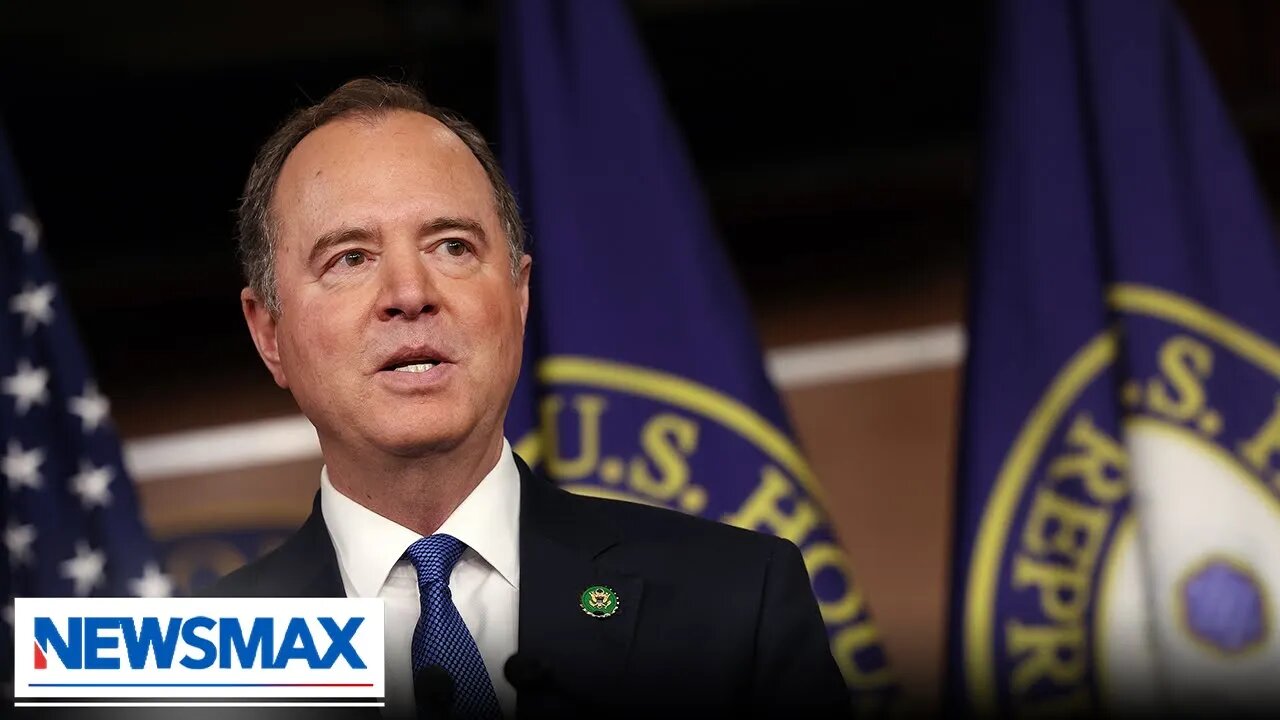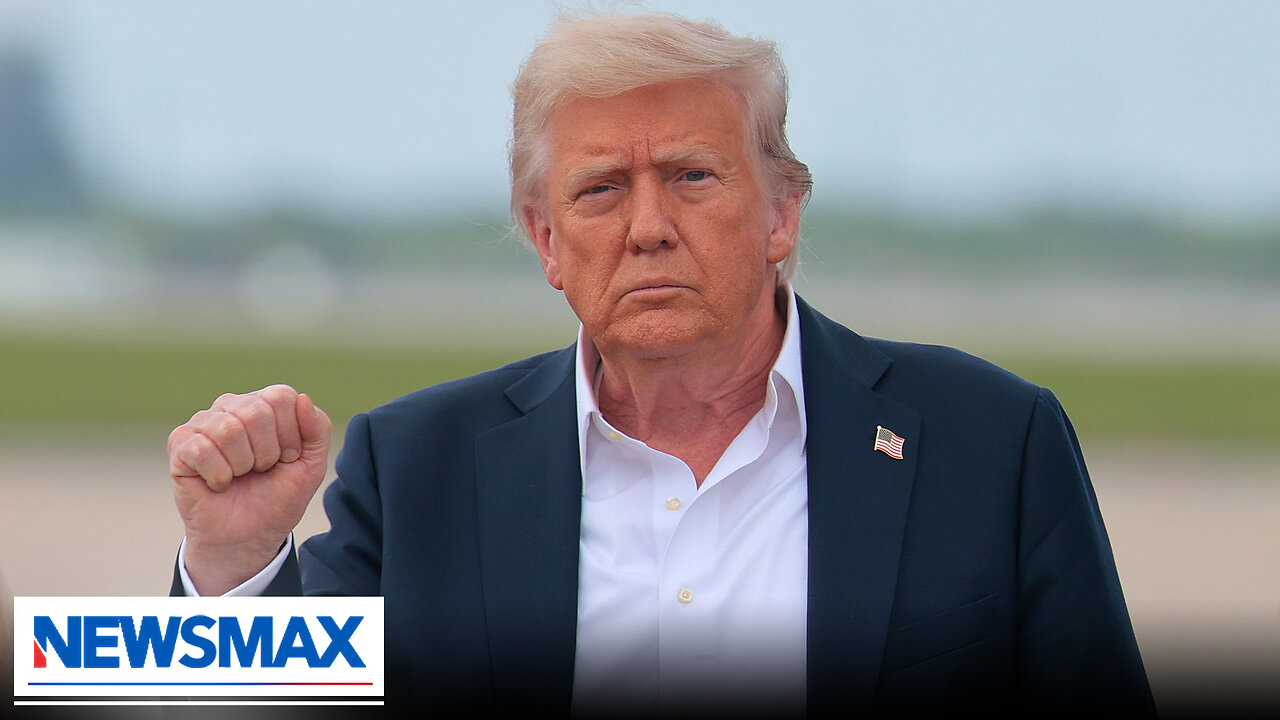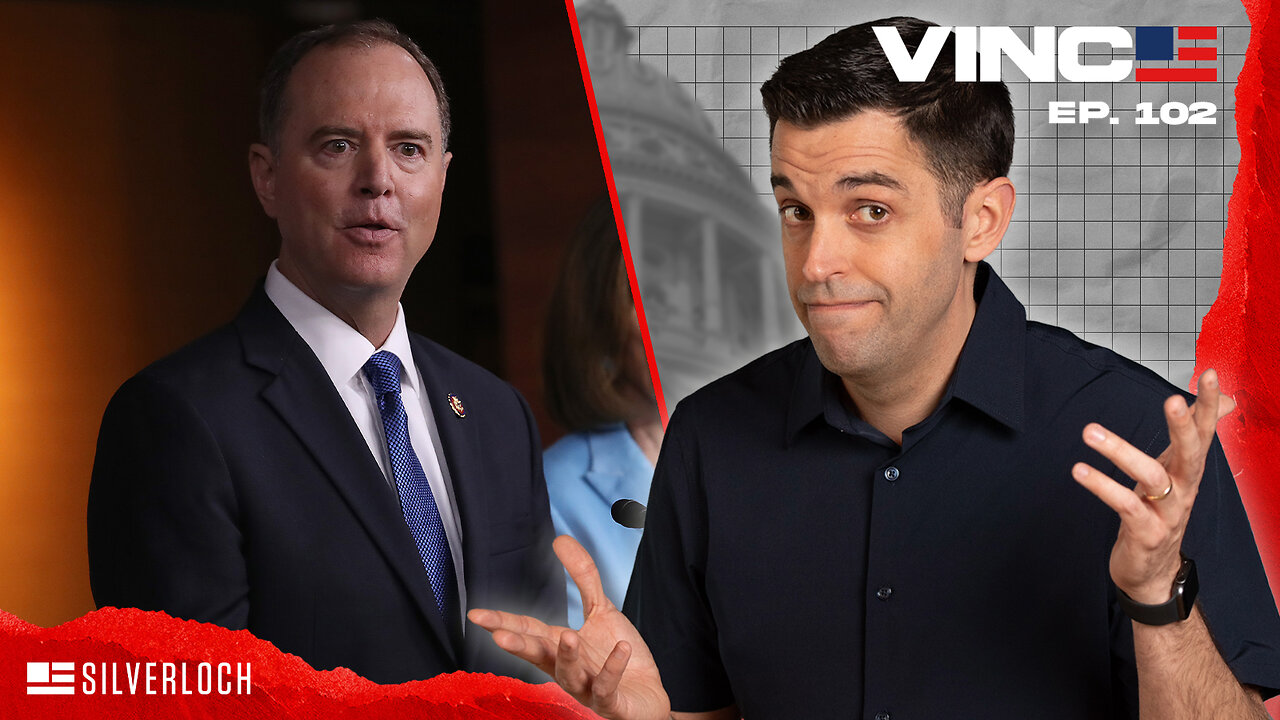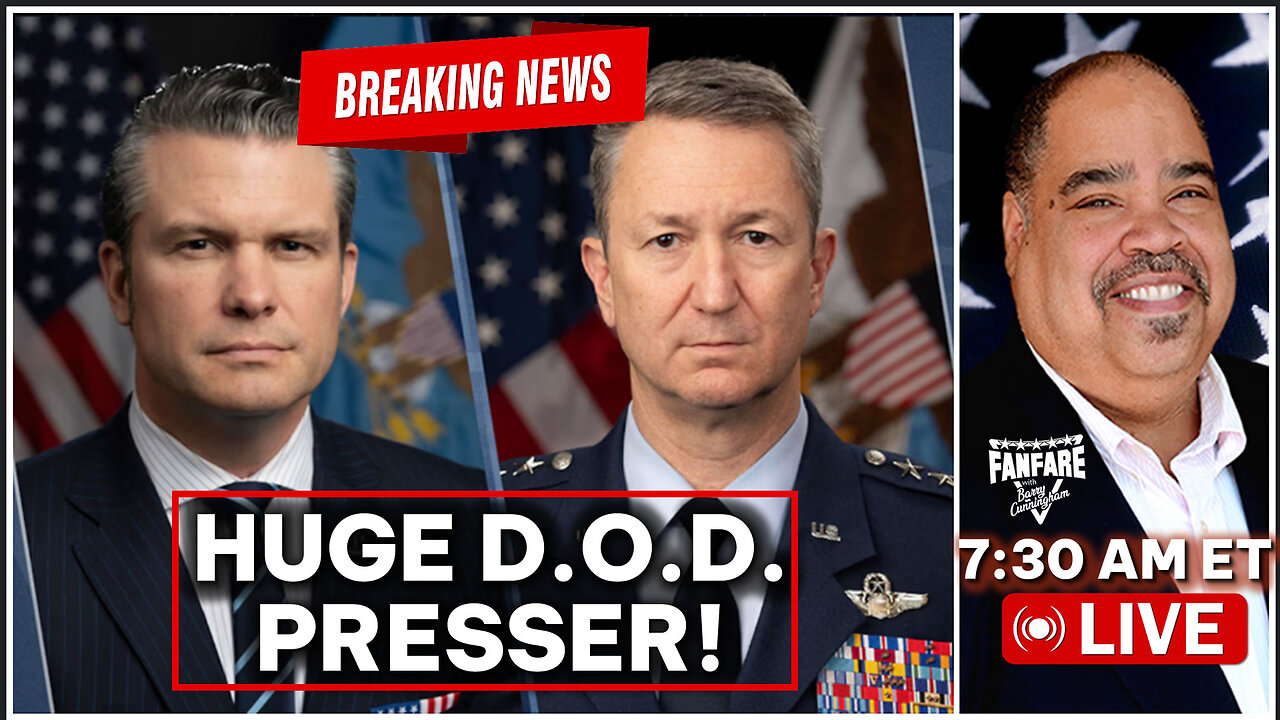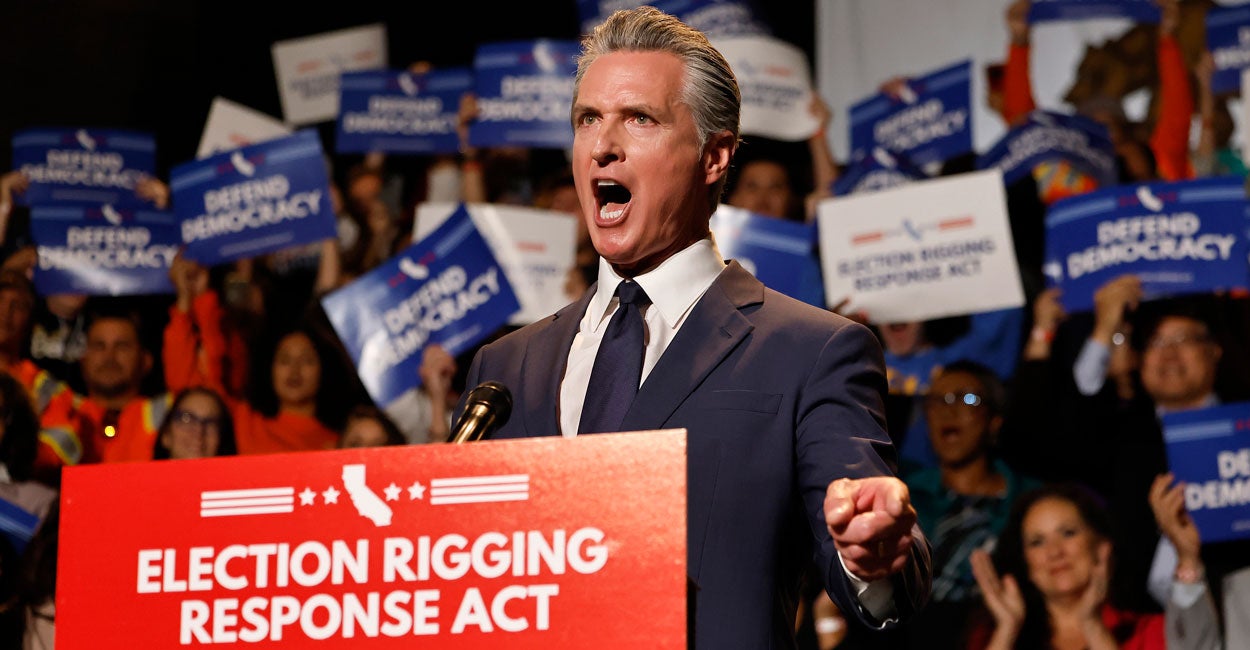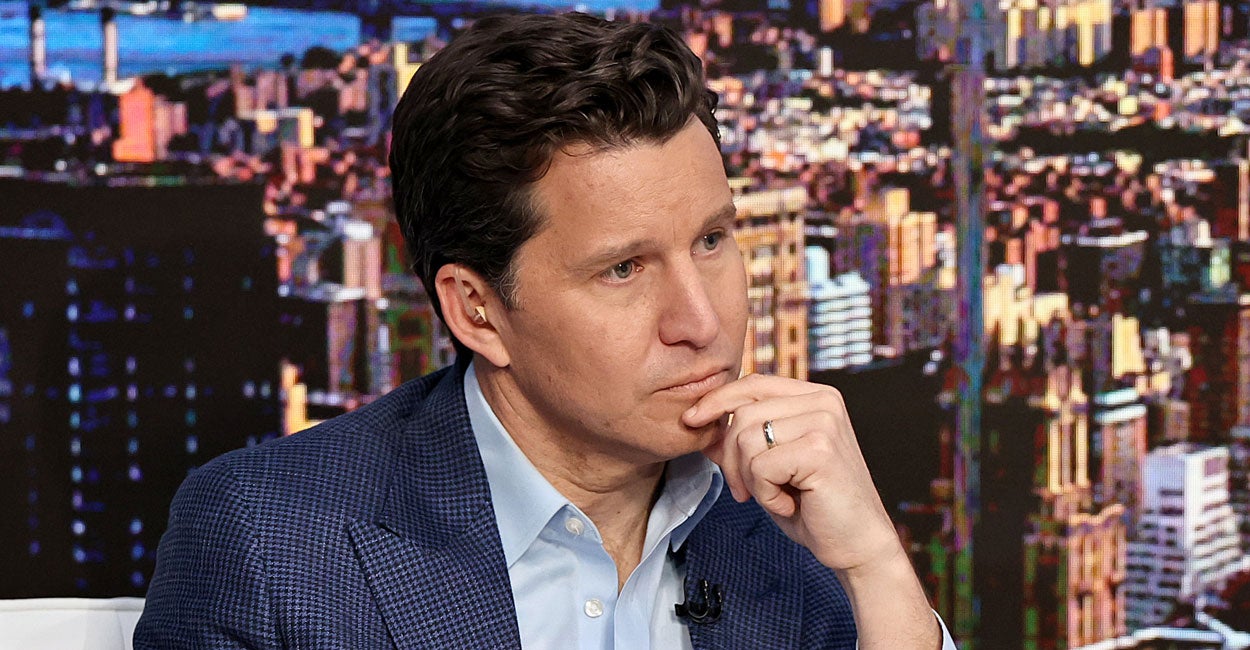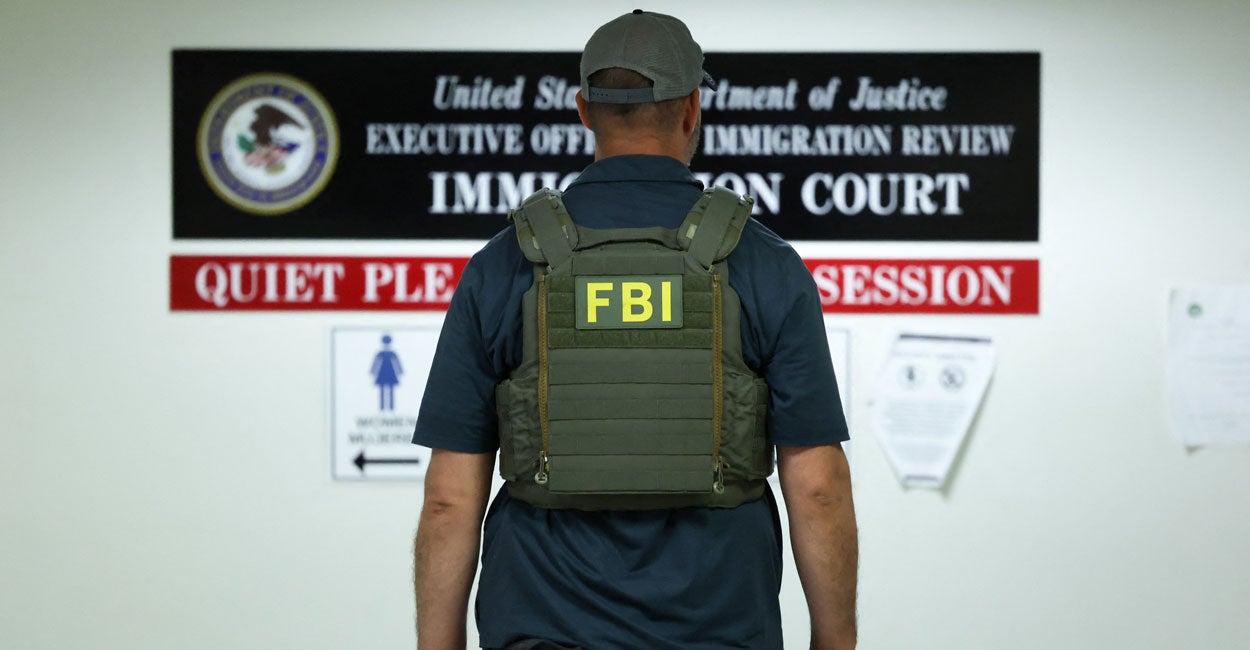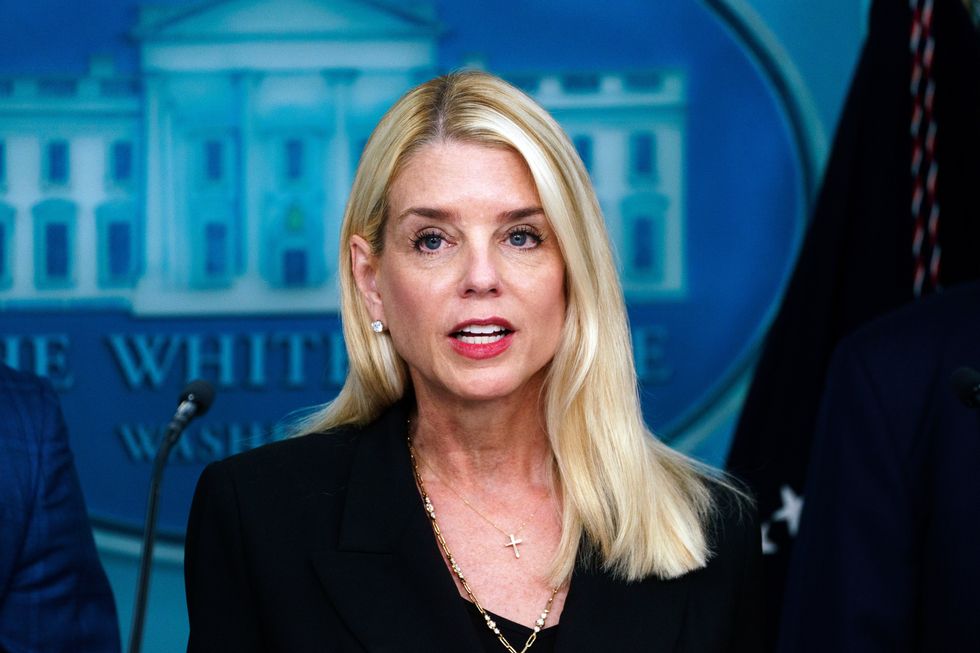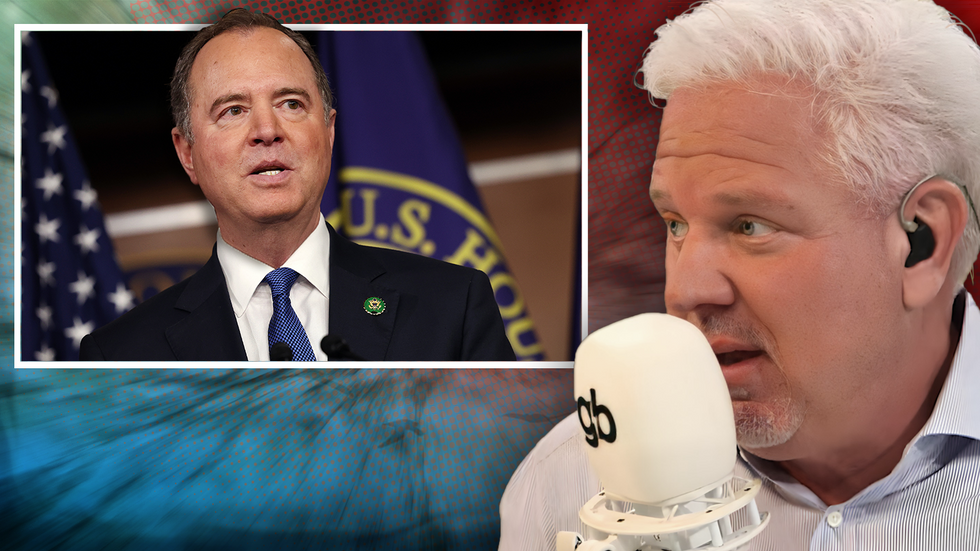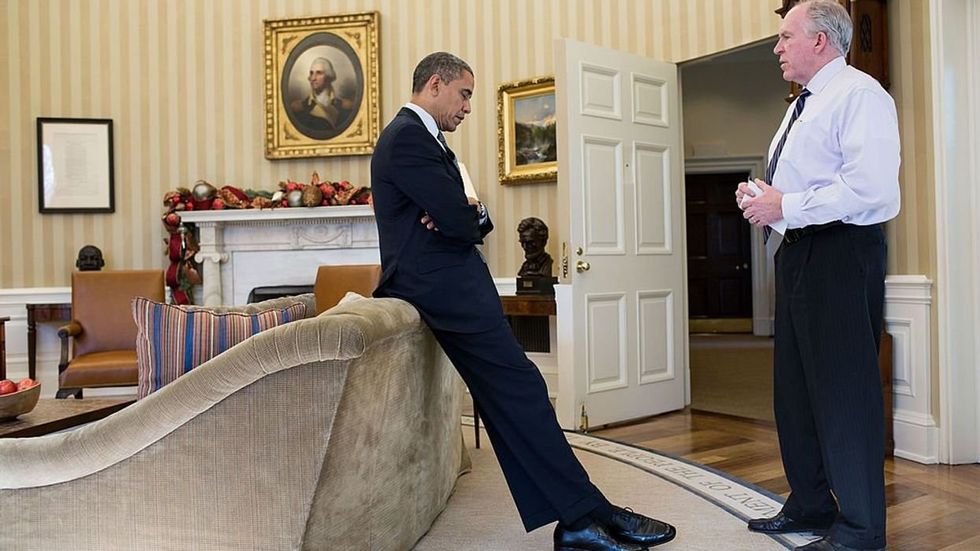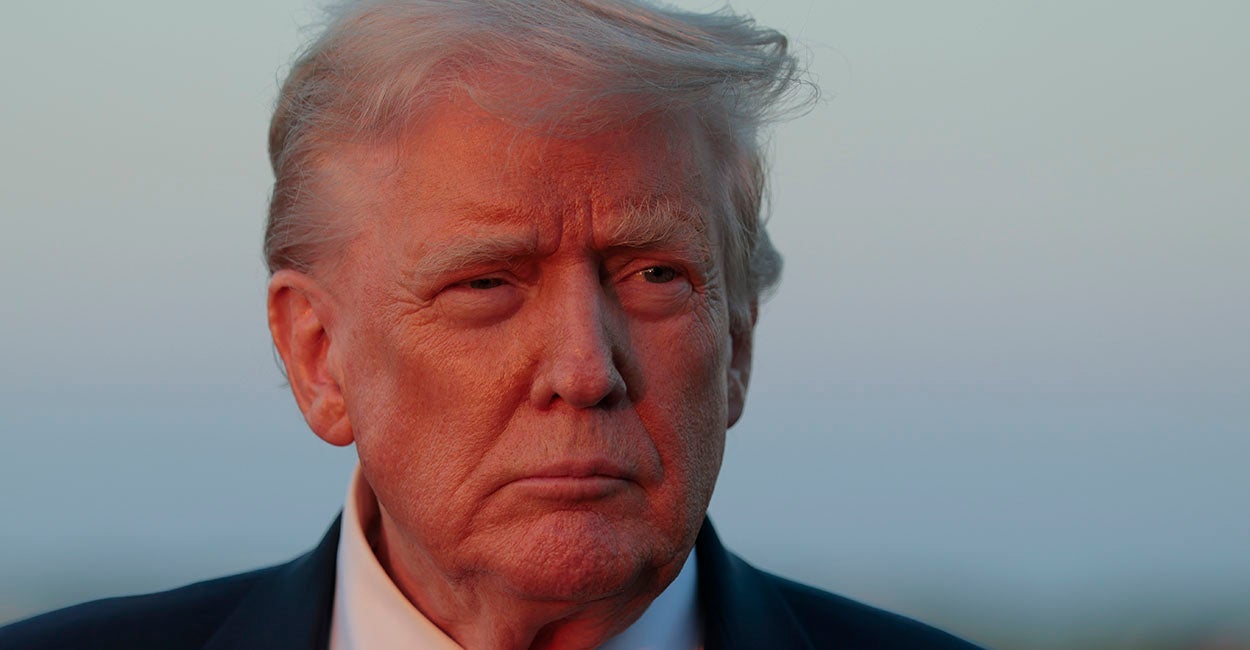Democrats’ lawfare is on a collision course with hard reality
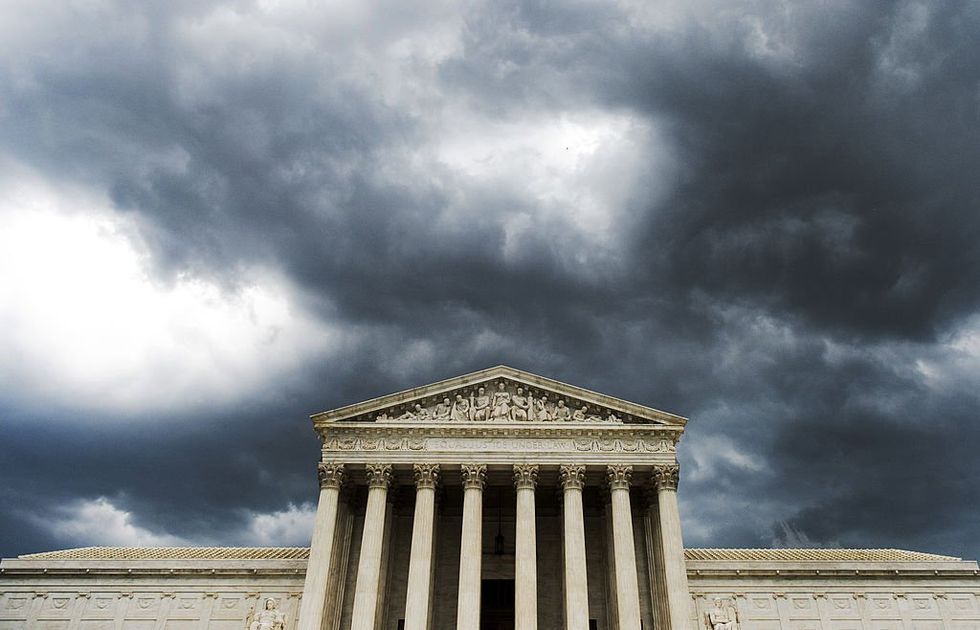

Congress hasn’t performed an essential part of its job for decades. That isn’t just the generalized feeling of most Americans — it’s the considered opinion of Capitol Hill veterans who understand the specifics. Now, Congress is trying to claw its power back, not by asserting its prerogatives but instead by turning to the judiciary.
This strategy is unlikely to work in the long run. Instead, it is barreling the country toward the very kind of “constitutional crisis” that Democrats and their reporter friends pretend to fear.
A more muscular Congress is undoubtedly in America’s interests. But not like this.
But first, how we got here: Congress failed to do its job. Sure, lawmakers still spend money (“appropriate”), fight over White House nominations, and grandstand on TV, but that’s where the oversight of the executive branch basically ends. Congress’ ability to legislate is its most important function, yet lawmakers have decided to outsource much of it to the agencies themselves — and oversight to the courts.
Congress didn’t just lose power to the executive branch — it willingly gave it away.
Lawmakers passed broad, vague laws and then allowed federal agencies to interpret and enforce them as they saw fit. This deliberate surrender of authority empowered the executive branch to expand its reach without direct congressional oversight.
The late, great Michael Uhlmann, who began his Washington career as an assistant attorney general for President Gerald Ford’s Office of Legislative Affairs before joining the Reagan administration as a special assistant to the president, documented this downward trend and described it well. “Congress,” he explained in 2015:
passes laws of a very general nature, and then delegates to administrative agencies the task of biting the bullets on all the politically controversial things — and then reserves the right to complain when the administrative agencies take every dirty, rotten, cheap advantage of the license Congress gave. This game (and it is a kind of game) has been going on now for a rising 50 years.
... Congress has become, partly by design and partly by accident, the handmaiden rather than the rival of the executive; and it has done so by enacting a series of rules and procedures that convert the regime from one of rule of law, into one of bureaucratic expertise. ... The courts, likewise, have unusually deferred to administrative expertise, including interpretations of agencies, the agency's own authority.
So part of the trick here is to get the judiciary to stop being so deferential to the agencies and getting Congress to reconsider some of its prior delegations by funding issues that are at once politically popular and legally intelligent. That's ... politically feasible. It's legally possible, and it's necessary. I think it can be done.
At the same time Congress has surrendered authority, it surrendered resources, with conservative members in particular sending money allocated to their offices back to the Treasury. This is folly, because congressional salaries are not remotely the reason for either America’s debts or its dysfunction; that money instead should pay for top-notch staff and compete with Washington’s high-dollar private firms for talent.
If Congress doubled its salary budget, it could retain those veterans necessary to restrain the administrative state, but it won’t. The ironic result is that Capitol Hill is chock-full of the same “unelected 23-year-olds" Hill staff are currently complaining about staffing Elon Musk’s DOGE effort.
Which brings us back to President Donald Trump’s White House, which is moving fast and breaking things at a pace nearly unknown for the opening weeks of a presidency. While Washington Democrats have been scattered and confused, their friends in the judiciary have stepped in, issuing wild and ridiculous orders making all kinds of claims about district judges’ abilities to make White House policy and personnel decisions.
One such order, by Manhattan judge and Obama appointee Paul Engelmayer, essentially claims the judge can bar executive branch officials from accessing their own internal intra-branch information systems. It’s a lawless decree and a clear-cut violation of the constitutional separation of powers.
This situation reveals yet another layer of irony.
After surrendering much of Congress’ authority to the executive branch, Democrats are now arguing that even the president doesn’t control the executive branch — judges in Hawaii and New York do. Quite the constitutional interpretation!
It's easy to argue that low-level federal judges shouldn’t have the sweeping power to make sweeping decisions on how Congress or the president operate. People from Thomas Jefferson to his archrival Alexander Hamilton and even Abraham Lincoln would have agreed. But proving this in court won’t be clean or simple.
During Trump’s first administration, federal judges repeatedly tried to limit his control over executive decisions, especially on immigration. When those cases reached the Supreme Court, the justices generally ruled in favor of presidential authority. Chief Justice John Roberts, who sided with Trump in the majority on the Hawaii travel ban case, has consistently supported strong executive powers.
The problem for the White House is that these legal challenges will continue until the administration secures a definitive ruling from the Supreme Court. Every time the Court upholds presidential authority, lower court injunctions are overturned, but the cycle repeats. What Trump truly needs is a ruling that establishes, once and for all, that a federal judge in New York cannot run the executive branch.
For the Supreme Court to address this issue fully, the White House would first need to lose its case. Only then could the court rule, “The lower court is correct that the White House cannot do X, but district judges cannot issue nationwide injunctions. Therefore, the injunction only applies to the parties in this litigation.” This is a basic legal standard that Democrat-appointed district courts seem to need reminding of.
Sorting this out will take time. This Supreme Court has not been particularly receptive to emergency ruling requests. In the meantime, the White House has another tool at its disposal: injunction bonds. These bonds would require litigants to pay damages if they ultimately lose their case. In national matters like immigration, those penalties could climb into the seven-figure range, quickly discouraging frivolous lawsuits.
Until then, Democrats and their allies at the New York Times, CNN, and elsewhere are correct: We are approaching a constitutional crisis — but of whose making? And who will almost certainly prevail? That’s where they’re wrong. A better understanding of history (sorely lacking among America’s media) agrees the president is breaking norms, but not law.
A more muscular Congress is undoubtedly in America’s interests. But not like this.
Unherd: Anti-Trump judges sparked a legal crisis (but the White House has the founders on its side)
The New York Times: ‘A high-stakes showdown between the executive and judicial branches’
CNN: As Trump team overhauls government, a constitutional crisis looms
Sign up for Bedford’s newsletter
Sign up to get Blaze Media senior politics editor Christopher Bedford's newsletter.
Originally Published at Daily Wire, Daily Signal, or The Blaze
What's Your Reaction?
 Like
0
Like
0
 Dislike
0
Dislike
0
 Love
0
Love
0
 Funny
0
Funny
0
 Angry
0
Angry
0
 Sad
0
Sad
0
 Wow
0
Wow
0
